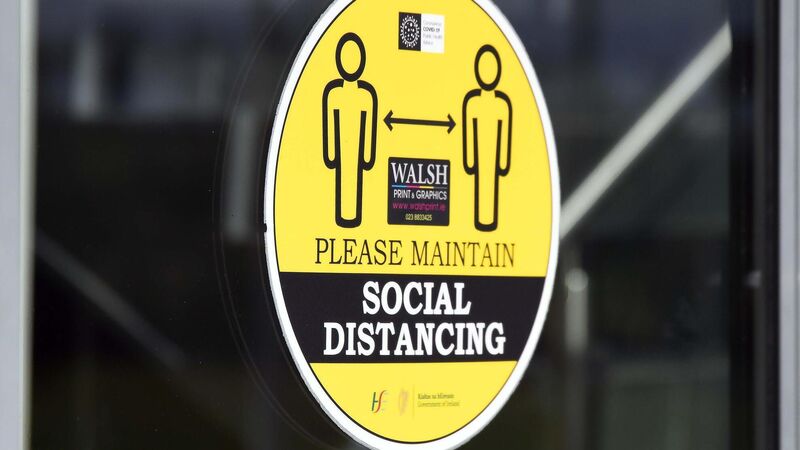Changes to Covid close contacts rules to take effect from midnight Thursday

Close contacts of Covid-19 cases who have had a booster and have no symptoms will no longer have to isolate under changes approved by government.
The Cabinet has agreed changes to the rules governing close contacts of confirmed Covid-19 cases that will allow thousands of people to return to the workplace this week.
From midnight tomorrow:










